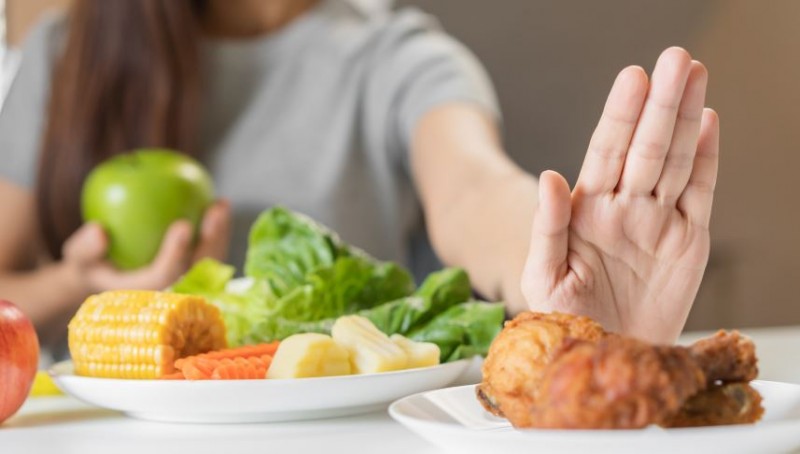
As the summer heat intensifies, it's crucial to adapt your diet to stay cool and healthy. The Hindu month of Jyeshtha, known for its blistering temperatures, demands specific dietary adjustments to protect your health. Ayurveda, the ancient Indian system of medicine, provides valuable guidelines on what to eat and what to avoid during this scorching season. By following these Ayurvedic principles, you can mitigate the effects of the heat and maintain your well-being.
Foods to Eat in Summer
Stay Hydrated:
Water: Drink plenty of water throughout the day to compensate for the fluids lost through sweat. Aim for at least 8-10 glasses of water daily.
Infused Water: Add slices of cucumber, lemon, or mint leaves to your water for a refreshing twist.
Cooling Beverages:
Juices: Fresh fruit juices, especially from fruits like watermelon, cucumber, and citrus fruits, help in hydrating and cooling the body.
Lassi and Buttermilk: These traditional Indian drinks are excellent for cooling the stomach and providing relief from the heat. They also aid in digestion and are rich in probiotics.
Natural Sweet Juicy Fruits:
Watermelon and Muskmelon: These fruits have high water content, making them perfect for hydration and cooling.
Cucumber and Zucchini: These vegetables are light, easy to digest, and have a high water content.
Seasonal Vegetables:
Bitter Gourd: Known for its cooling properties and benefits to digestion.
Beans, Pointed Gourd, and Okra: These vegetables are easy to digest and beneficial for overall health.
Light Meals:
Minimal Spices and Oil: Prepare meals with minimal spices and oil to keep your body cool. Opt for dishes like boiled vegetables, salads, and lightly spiced curries.
Cold Soups and Salads: Incorporate cold soups like gazpacho and salads with a variety of vegetables to keep meals light and refreshing.
Foods to Avoid in Summer
Spicy Foods:
Green Chilies, Red Chilies, Garlic, and Ginger: These ingredients increase body heat and should be avoided or used sparingly.
Hot Sauces and Spicy Curries: Avoid dishes that use hot sauces and heavy spices as they can cause excessive sweating and discomfort.
Highly Spiced Meals:
Heavy Spices: Stay away from dishes prepared with heavy spices. Instead, use cooling spices like fennel and coriander in your cooking.
Hot Foods:
Piping Hot Meals: Avoid consuming food that is too hot. Let your meals cool down to room temperature before eating.
Hot Soups and Stews: Opt for cold versions or lighter broths instead.
Oily and Fried Foods:
Fried Snacks and Deep-Fried Foods: These are heavy and difficult to digest, increasing body heat.
Rich Curries and Sauces: Avoid curries and sauces with a lot of oil or butter.
Artificially Cold Foods:
Ice and Ice Cream: While they may provide temporary relief, they can disrupt the body's natural cooling process. Opt for naturally cooling foods and drinks instead.
By following these Ayurvedic dietary guidelines, you can better manage the extreme heat of the Jyeshtha month and maintain your health. Ayurveda advocates for a balanced diet and lifestyle tailored to the seasons to prevent health issues. Adopting these practices will help you stay cool, hydrated, and healthy during the scorching summer months.
Five Foods to Avoid for a Longer Life (You Won't Believe #3!)
How Detox Diets Works: Unlocking the Mystery and Revealing Hidden Truth
Secrets of the Longest-Living People: What They Eat May Surprise You